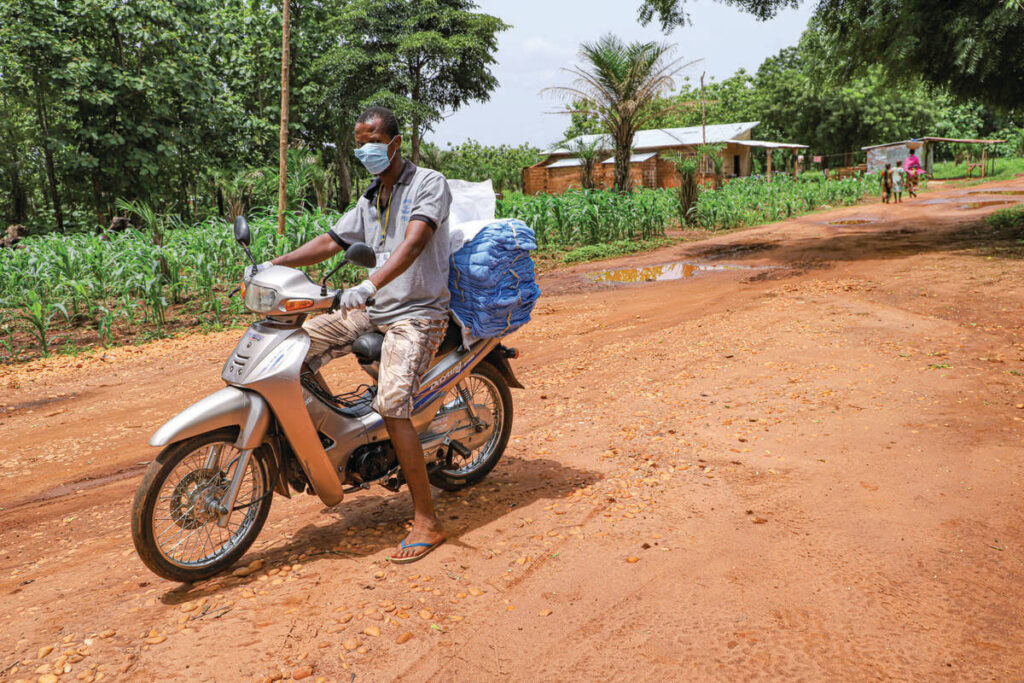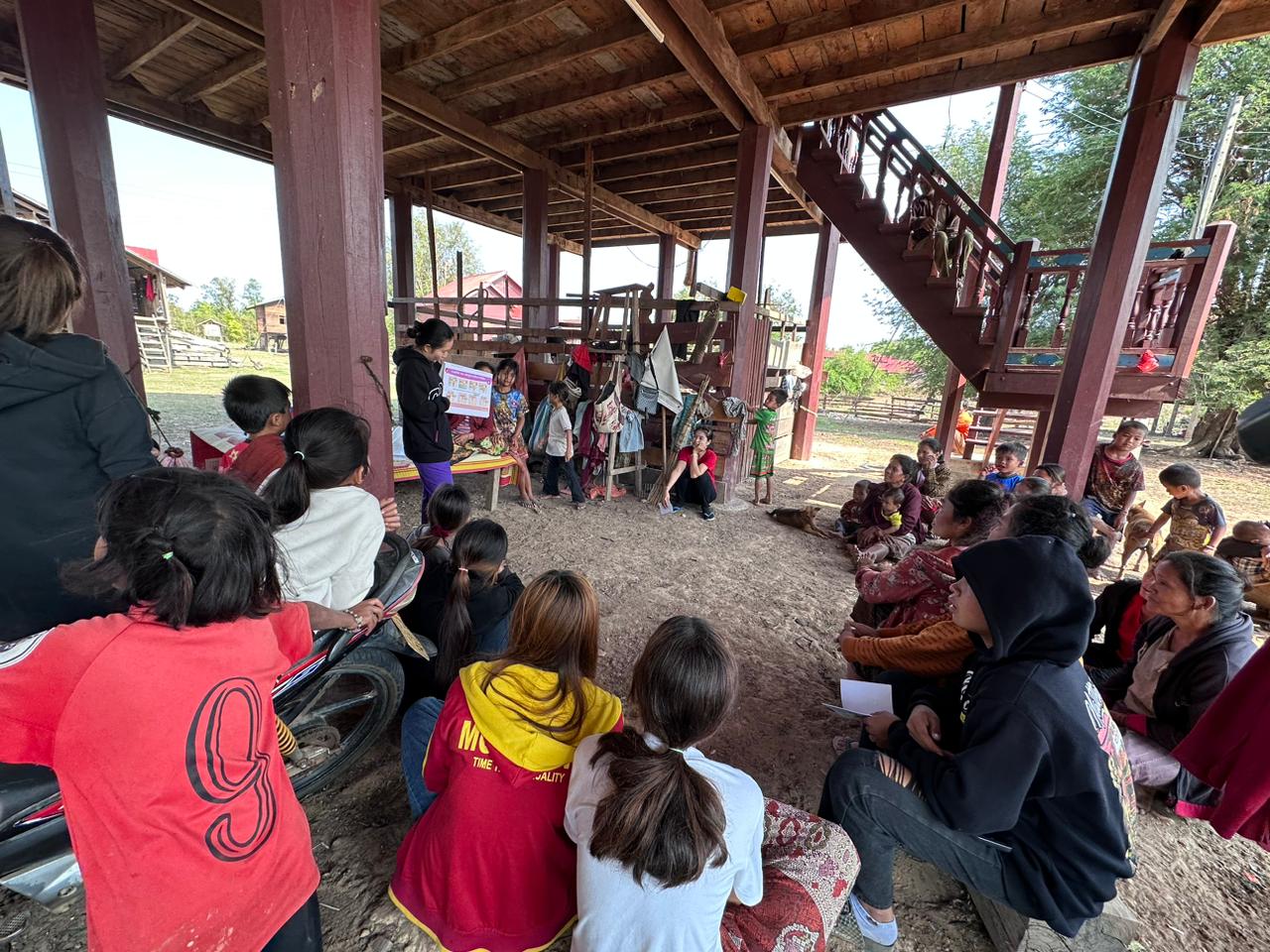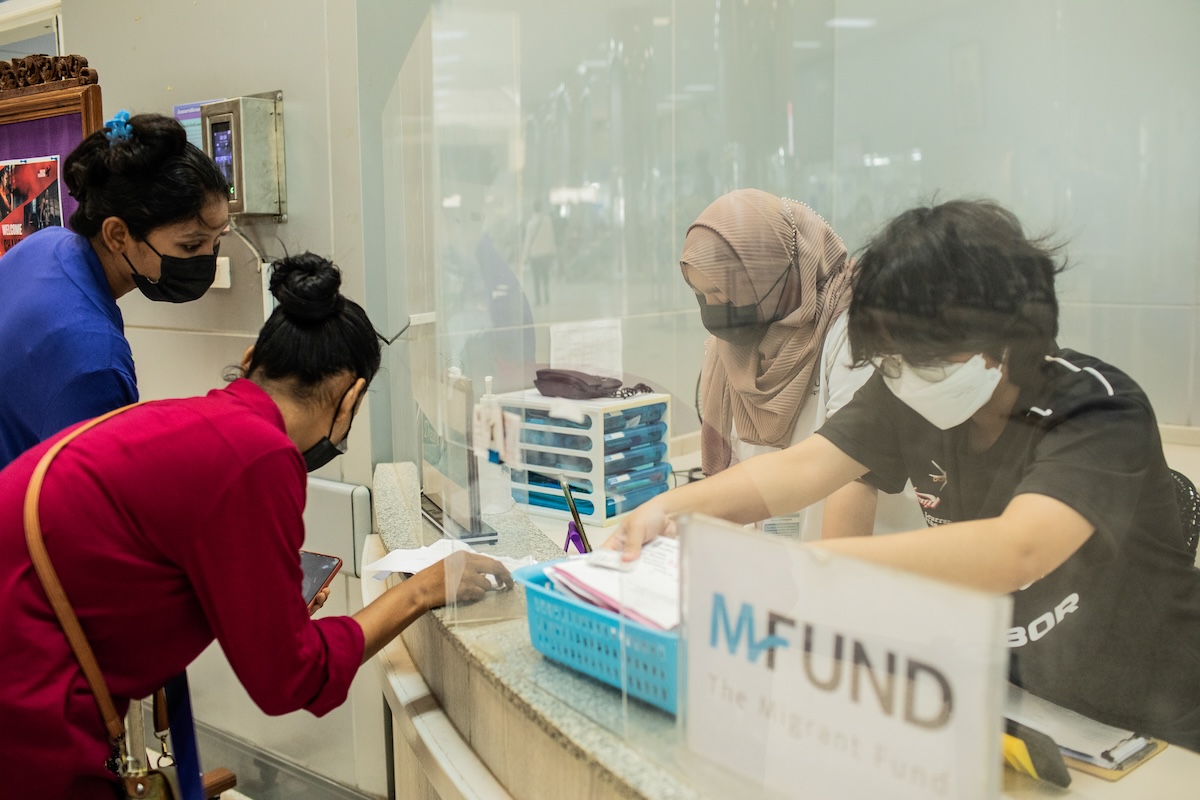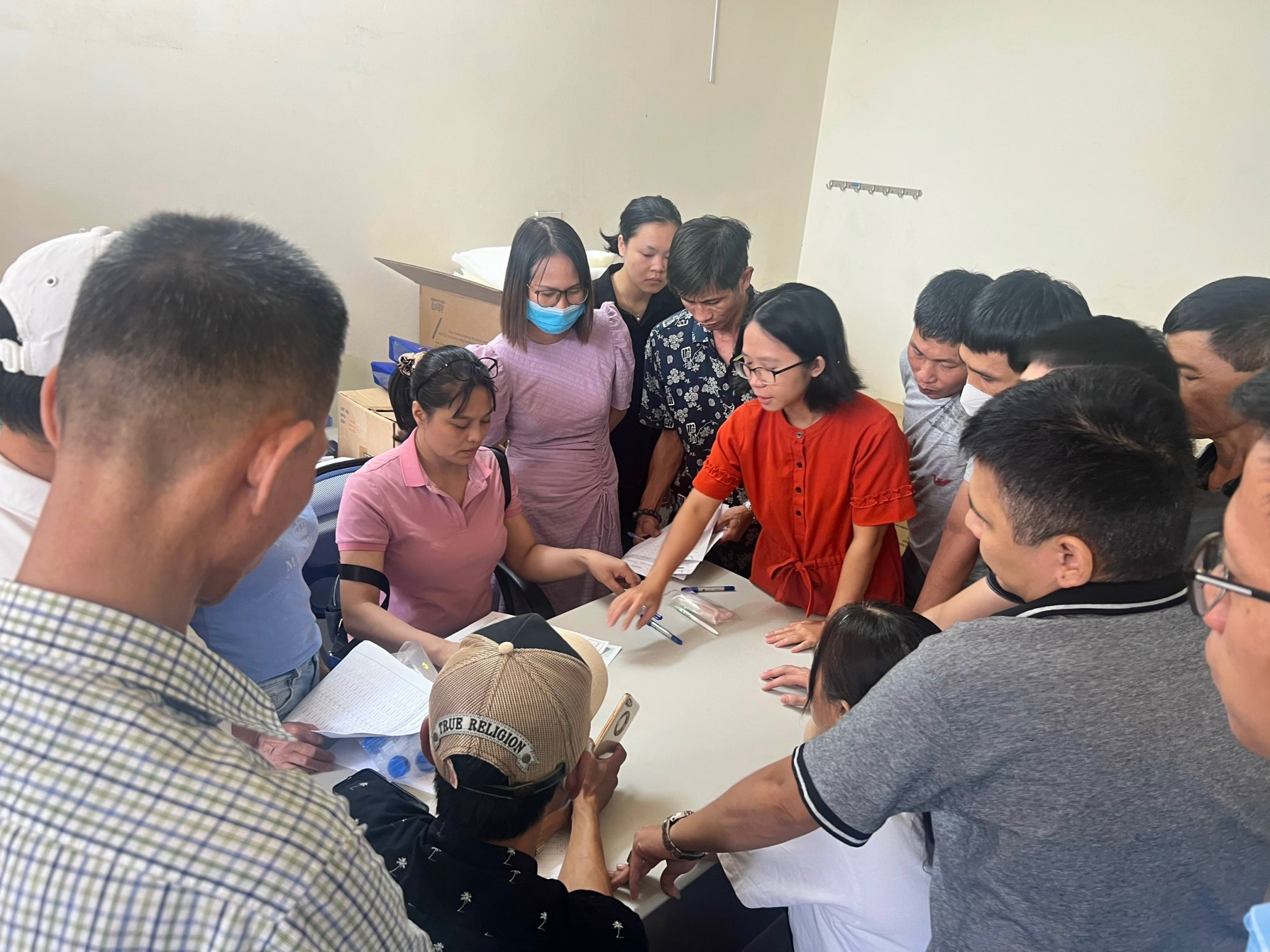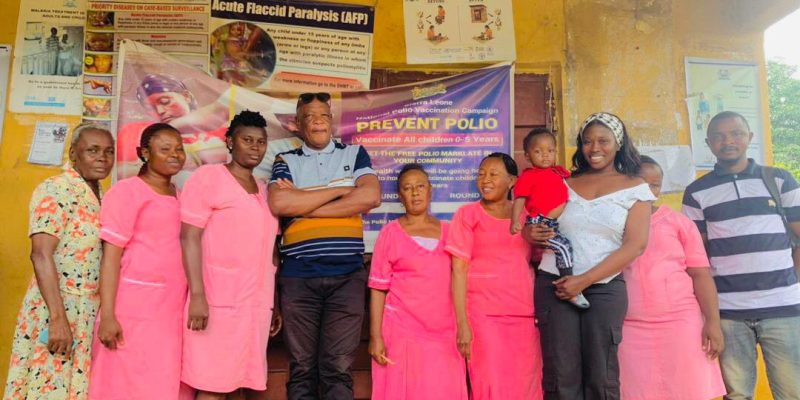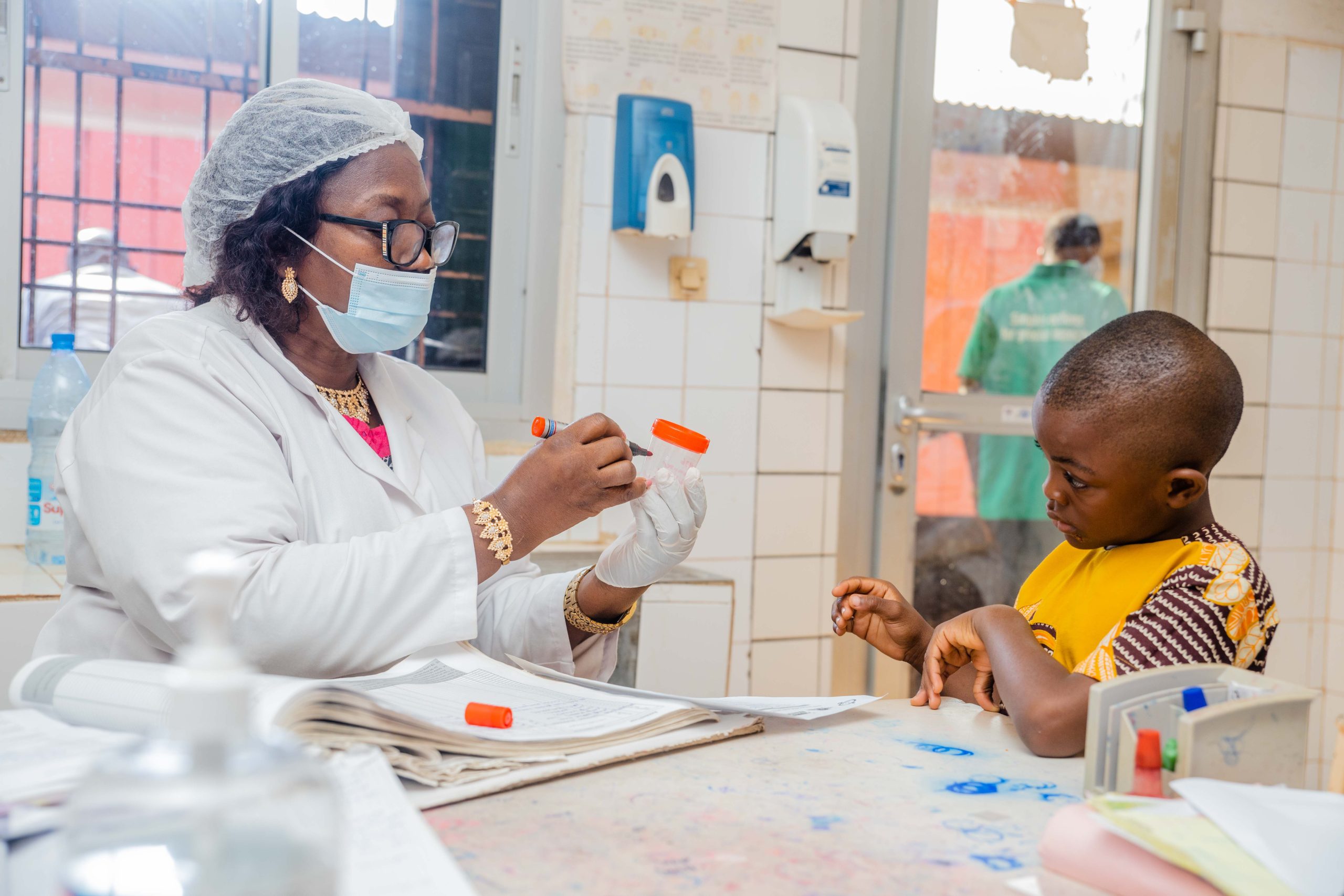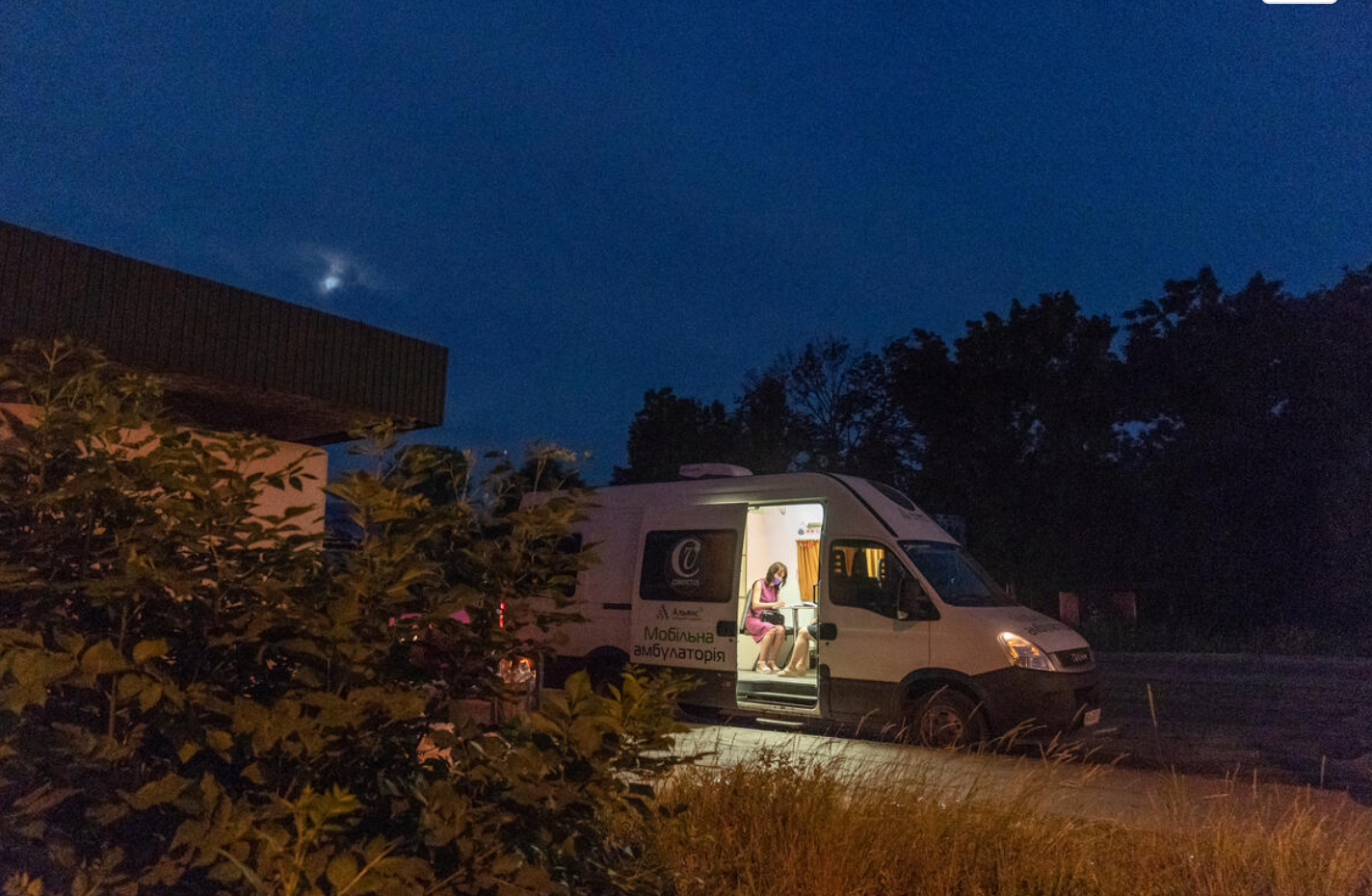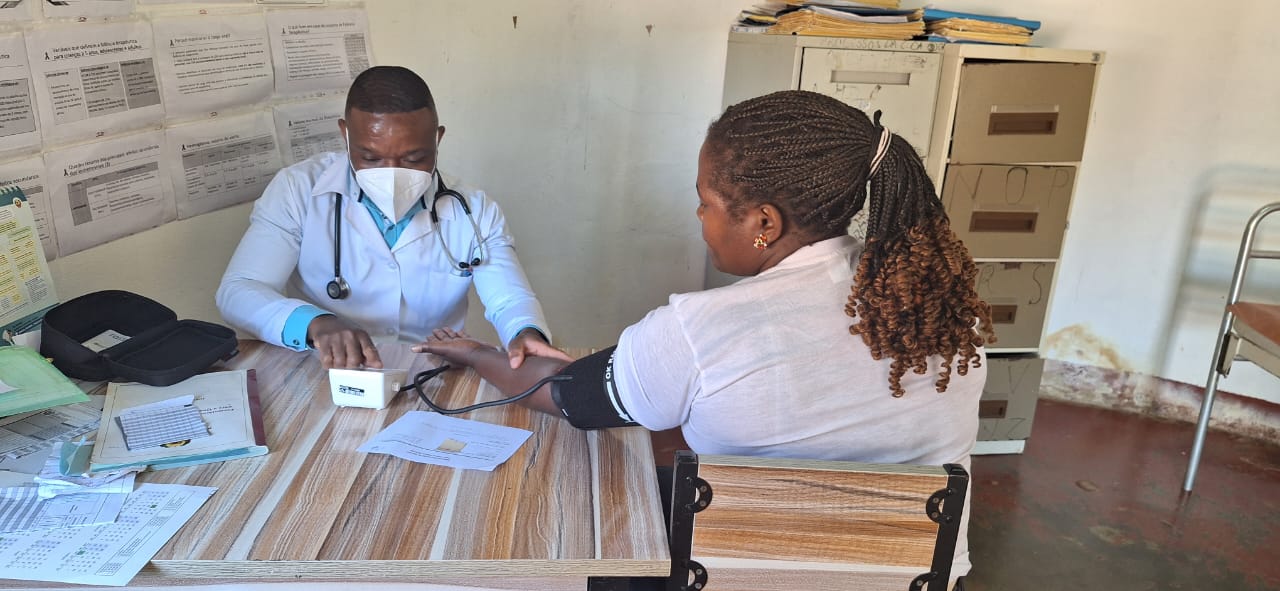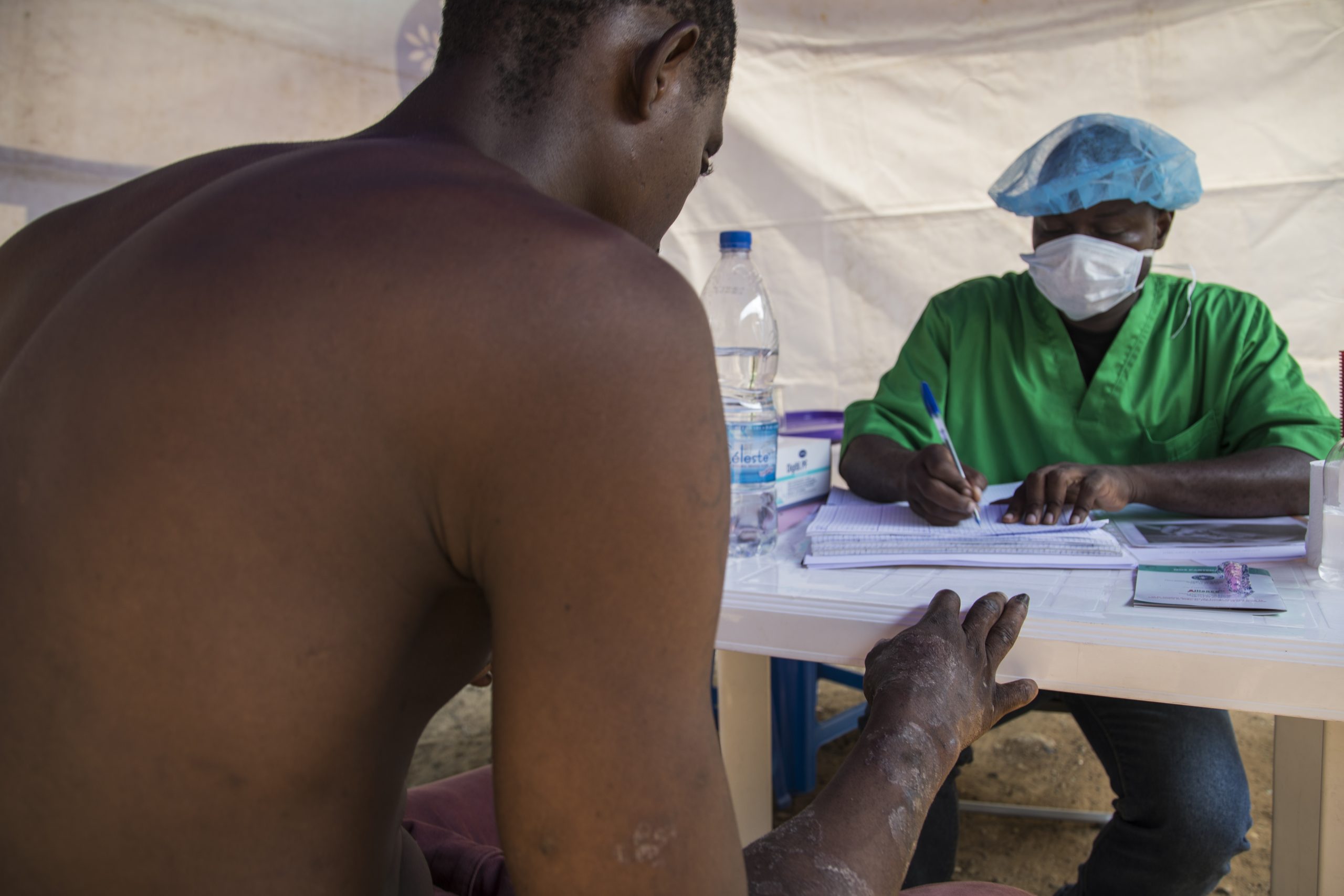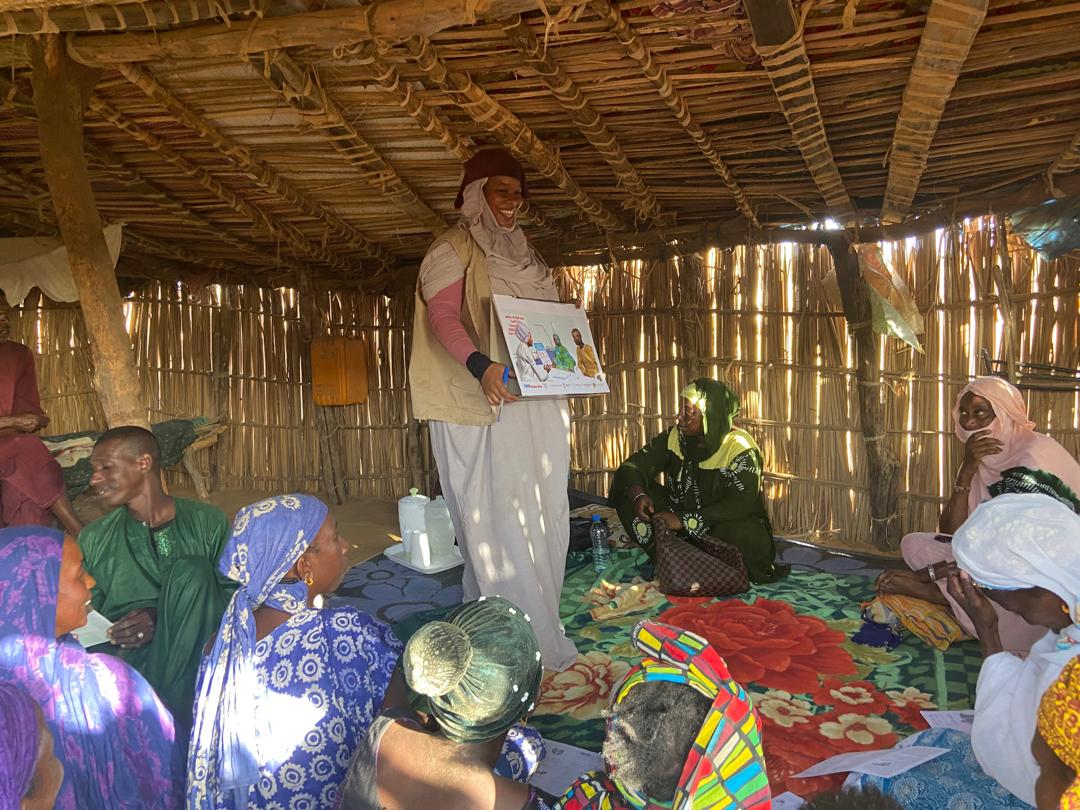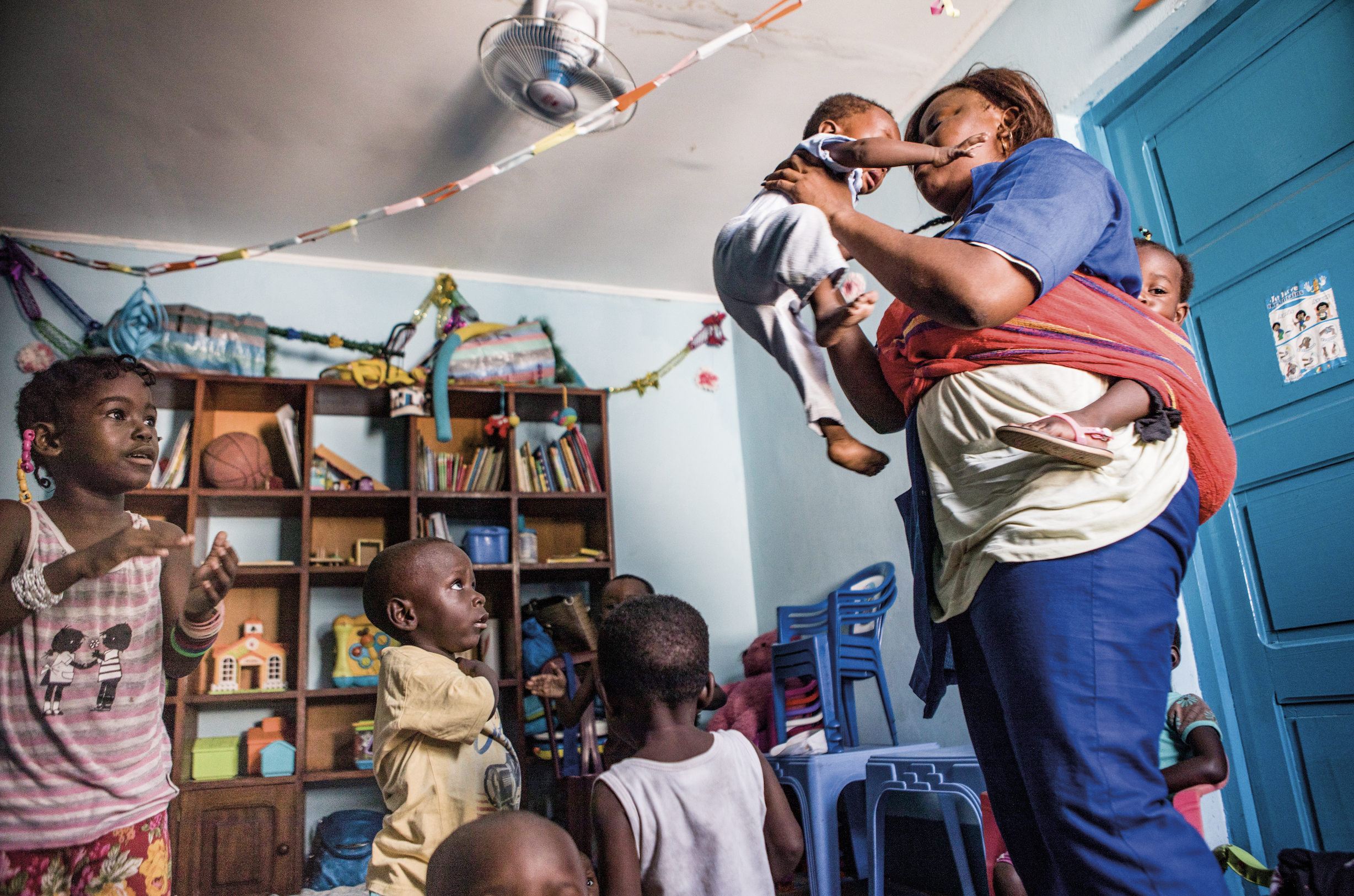REACH Ethiopia aims to reduce TB incidence and mortality among pastoralist communities in Afar Region (Zone 3) by reaching key affected and vulnerable populations. This is achieved through community-led, rights-based and gender transformative comprehensive TB services.
Context
Tuberculosis is a significant public health issue in the Afar region of Ethiopia, severely impacting the livelihoods of pastoralist communities, particularly women. The first national population-based survey on TB prevalence revealed a higher prevalence of smear-positive TB cases in pastoralist communities compared to other rural communities, with a significant prevalence of TB/HIV co-infection. Despite the high burden of TB, diagnosis and treatment coverage in Afar remains very low. Barriers to accessing TB services for pastoralist communities include the lack of health service adaptation to their mobile lifestyle , poor health infrastructure, lack of trained human resources poor knowledge, misconceptions about TB in the community, and armed conflict.
Description
REACH Ethiopia collaborates with the Ministry of Health and the Afar Regional Health Bureau to implement innovative models for TB case detection and treatment. The project engages the community in health education, advocacy, TB screening, referral, and follow-up of TB patients to increase community engagement and ownership. At the laboratory level, REACH Ethiopia works to improve the accessibility and uptake of available TB diagnostic technologies, specimen transport, and result delivery methods. The project enhances the capacity of health facilities to provide comprehensive TB services tailored to the needs of key affected populations within the pastoralist community through training and technical support.
Impact
Strengthening the role of community actors and the capacity of health facilities creates a more conducive environment to close gaps in TB care by enhancing prevention, control and addressing missing TB cases in Afar’s pastoralist communities. Evidence-based advocacy also supports the development of culturally appropriate and gender-responsive TB services.
